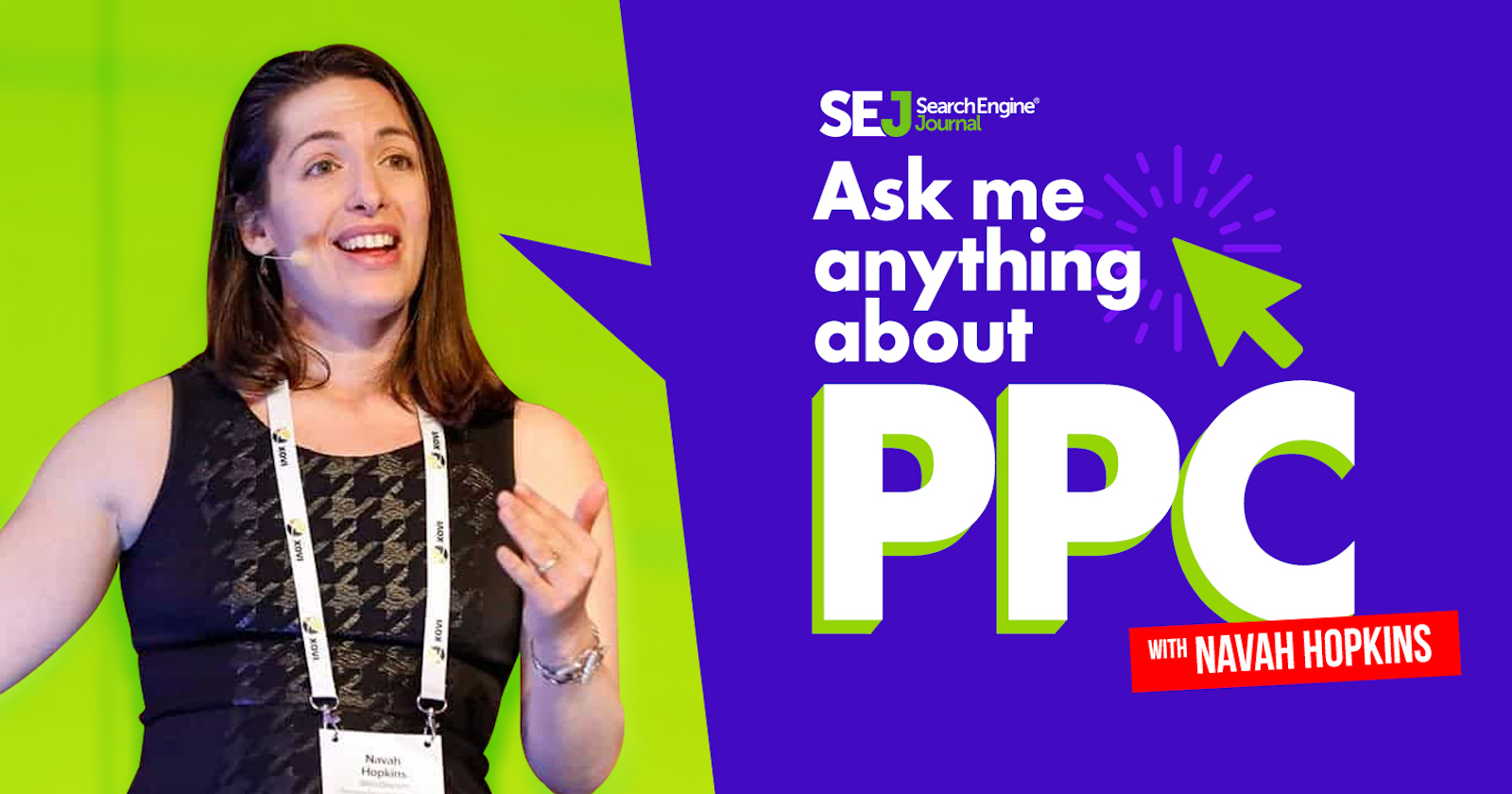Account structure is always a fierce debate amongst PPC pros.
We’re always chasing a campaign structure that will give us the best ROI on our time and money.
So this month’s Ask Me Anything About PPC column answers a question we all cut our teeth on.
Kiel in Worcester asks:
“If I’m using Target CPA bid strategy and I want to move ad groups from one campaign to another (copy and paste and pause the old one), will this interrupt the historic data and damage performance?”
Short answer: Yes.
Long answer: There might be some real benefits to taking a hit to the historical data of the individual ad group as the account moves towards a more efficient structure.
Any time you move something (keywords, ads, ad groups, campaigns), you are starting over with a net new entity, and the ad network will need to relearn how to think about it.
A caveat to my short answer:
If the original ad group remaining active in the original campaign and the new ad group is going to a new campaign with completely different targeting, there won’t be any interruption.
With that in mind, these are the core questions you need to ask yourself if you’re considering moving an entity:
- Why am I doing this?
- What outcomes am I hoping for?
- How much risk is associated with this move?
Why Am I Doing This?
There are effectively two schools of thought on Google search:
- Bid on every keyword concept, culling underperformers as data proves out winners and losers.
- Bid on high-value keyword concepts, leaving the window open for others, but not actively bidding on them.
If you’re looking to move keywords/ad groups because they no longer qualify for the rules of the campaign (high ROAS, low CPC, experimental ideas, etc.), pausing those keywords/ad groups in the existing campaign will allow you to get a clean slate for them while freeing up budget for the remaining entities.
This can be great if they weren’t performing, but moving a converting term/ad group can cause serious performance issues.
If the goal is better budget allocation, we might not care about “lost” data on an ad group getting no screen-time.
Conversely, if an ad group/keyword is being a “budget hog” and has conversions it might make more sense to let it stay put, moving the other ad groups/keywords.
As a rule, don’t move conversions you trust.
What Outcomes Am I Hoping For?
All actions breed reactions – when we make changes in our accounts we only act because we believe there will be a positive reaction.
The most common outcomes we hope for are:
- Budget efficiency: Being able to spend our allocated budget fully and with the greatest ROI.
- Improved conversion rate: Getting more leads/sales out of the clicks we’re paying for.
- Reducing wasted spend: Reducing the number of clicks corresponding to queries the brand deems wasteful.
- Easier account management: Restructuring the account so it takes less time to manage without compromising ROI.
Moving an ad group in the name of account management is almost always a good move – if you know it can have a better home, go for it!
The other goals need a bit more thought – especially conversion rate.
It’s rare that conversion rate will improve just because an ad group is moved from one campaign to another. Conversion rate is tied to query quality just as much as it is tied to budget access.
Setting realistic expectations for the ad group/keyword being moved is important. Give it time to get re-indexed (5-7 days minimum).
How Much Risk Is Associated With This Move?
Moving an entity (or pausing it out entirely) can have a high or low impact depending on the following factors:
- Age of the entity: Was it just added, or had it been running for 8 months?
- Scope of the entity: Are we moving an underperforming ad group with a handful of keywords versus hundreds of individual keywords into new homes?
- Automation: Are automated bidding/settings being deployed?
The older, bigger, and more heavily tied into automation the entity is, the more likely it is moving it will have a high impact.
When dealing with a campaign exceeding 5-7 ad groups, I lean towards pausing the underperforming ad groups and moving any relevant keywords into the performing ad groups.
I see this as the lowest risk path because:
- I’m not interrupting conversions: restructures take time and I don’t want to cause unnecessary volume issues (especially during peak seasons).
- Close variants has depreciated the need to bid on everything.
- I can always reenable paused entities if it doesn’t work out!
Higher risk moves include:
- Moving a converting ad group/keyword that has conversions you trust.
- Introducing a net new ad group into an old campaign with other active performing ad groups.
- Pausing all ad groups and starting over with a new structure.
Only you can decide how much risk, you’re prepared to take on, and if this is the right time to take on that risk.
Takeaway
There is no way to carry over historical data when moving a keyword, ad, or ad group.
There are ways to mitigate the risks associated with the learning period and improve the odds you’ll get the outcomes you’re hoping for!
Have a question about PPC? Submit via this form or tweet me @navahf with the #AskPPC hashtag. See you next month!
More Resources:





![AI Overviews: We Reverse-Engineered Them So You Don't Have To [+ What You Need To Do Next]](https://www.searchenginejournal.com/wp-content/uploads/2025/04/sidebar1x-455.png)